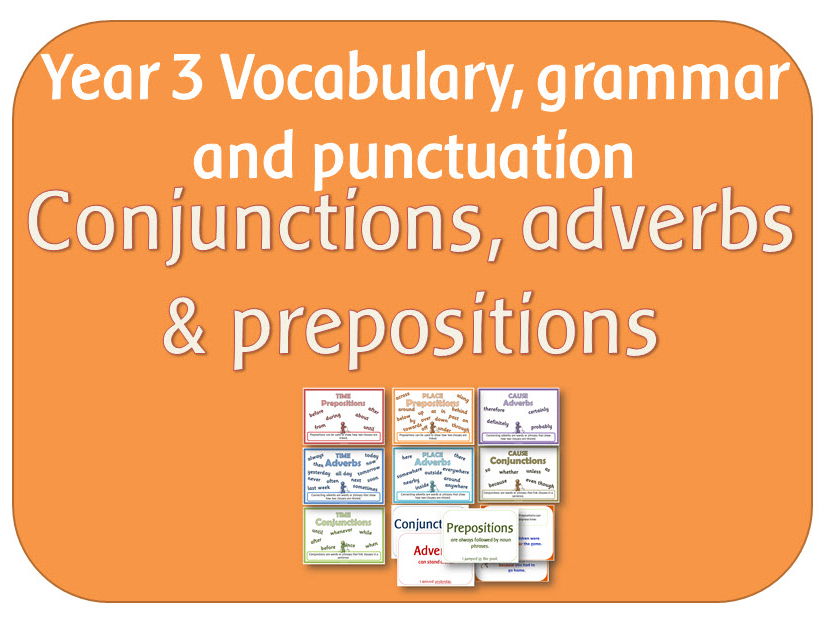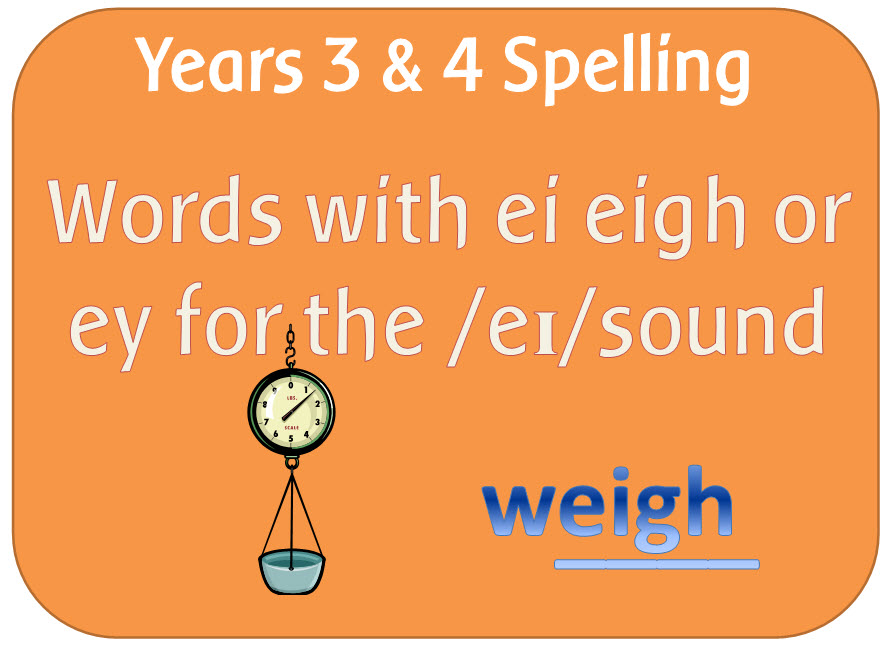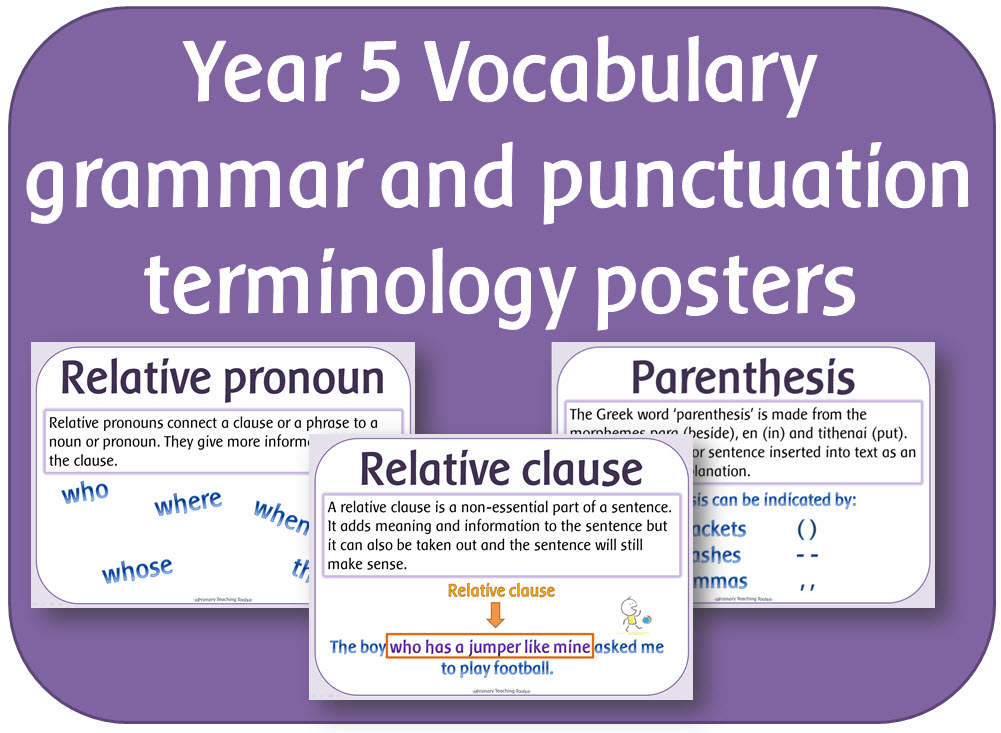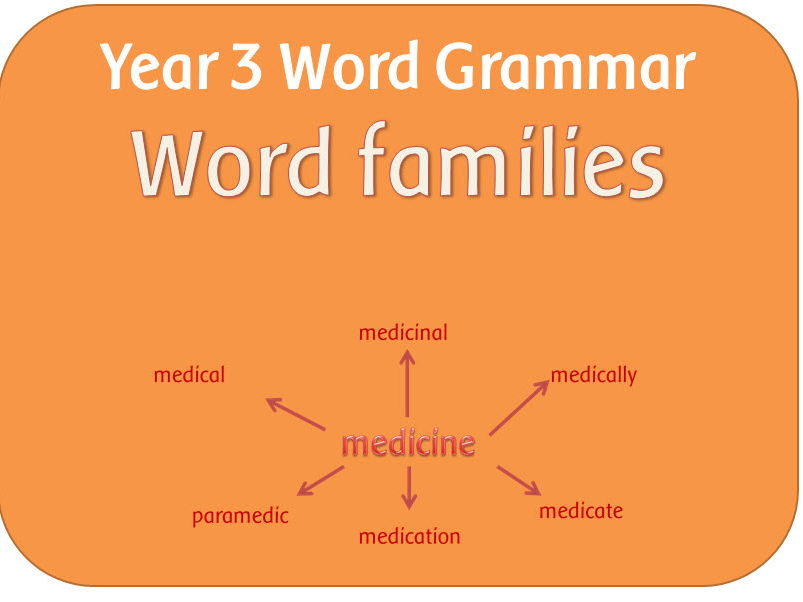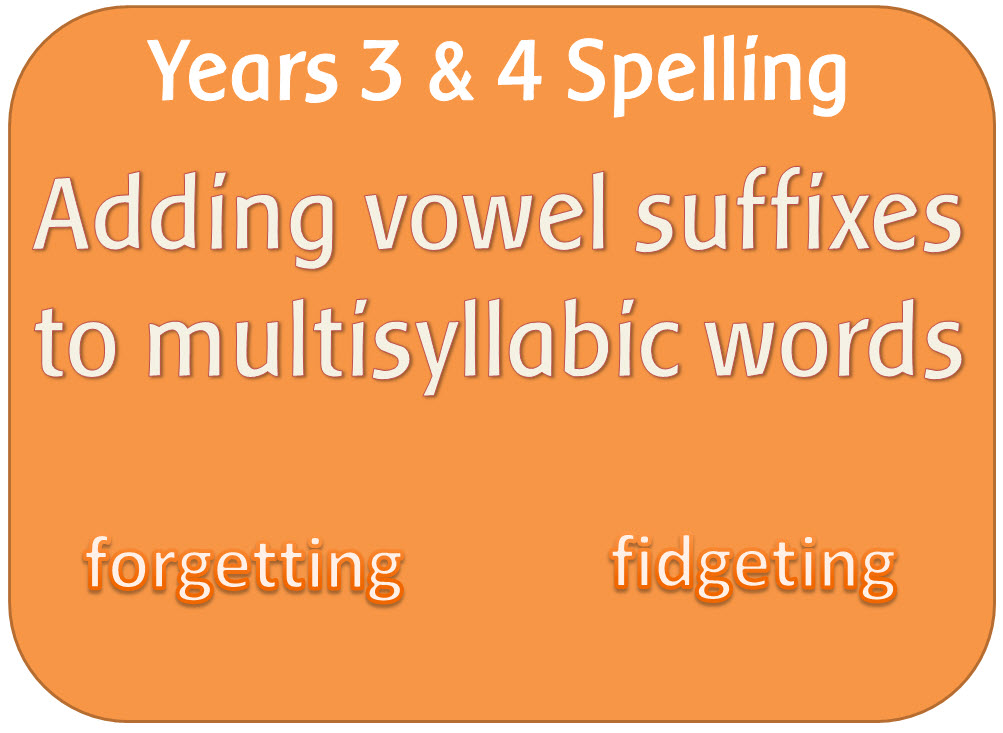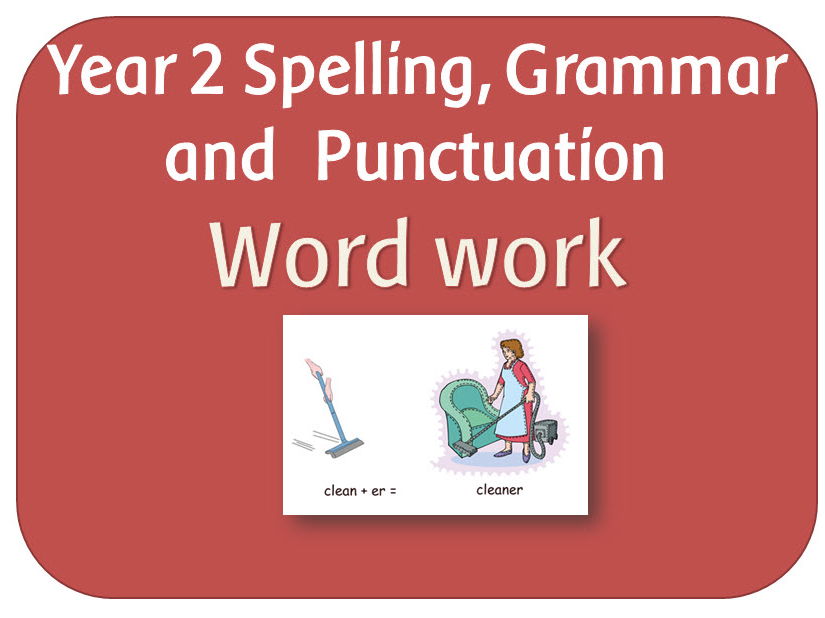
404Uploads
1067k+Views
681k+Downloads
English language arts

Phase 3 Letters and Sounds phonic resources: Consonant graphemes ch sh th ng activity pack
Each introductory powerpoint introduces the new grapheme; shows a mnemonic and a game where the children have to select the correct object to match the words.
Also in the pack:
A powerpoint showing each grapheme in the set with a picture to help the children remember the sound;
A set of grapheme flashcards
What's in the Box games
Buried Treasure games - printed and interactive
Sorting games
Full circle ship and song
Letter fans
Treasure chest and bin
Writing words activity
Captions and sentences

Introduction to reading and writing sentences PowerPoints and worksheets US version
These resources introduce the concept of a sentence and explain how to become a great sentence writer. Includes PowerPoint lessons, corresponding worksheets and sentence writing activities.
LESSONS
AN INTRODUCTION TO SENTENCES: Explanation of what sentences are and what type of punctuation should be used. It reinforces the importance of capital letters, periods, question marks or exclamation marks and spaces in between words.
HOW TO WRITE A SENTENCE: A checklist of what is required for a perfect sentence.
I CAN SENTENCES: Simple sentences to read. The spellings get progressively more difficult.
JAKE’S PERIOD: A story showing how important it is to put periods in the right places.
PICTURE SENTENCE: Find the correct sentence out of four to match the picture.
WORDS THAT FIT: Find the words that can be substituted in the sentence.
REARRANGE THE WORDS: Jumbled up sentences that need rearranging.
PRINTABLES
Worksheets: 15 different worksheets to accompany the lessons, including -
Checklist to use when writing sentences
Finish the ‘I can’ sentences
Write the words that fit
Write sentences about a picture
Punctuation story
Match the sentences
Cut and make a sentence
Also included is a center activity with 34 ‘I can’ sentence cards.
Some of the PowerPoints include a linked video to watch. This is a link shared through SafeShare T.V., a program that filters adverts and unwanted commercials from the clip. You may need to check if you can access this in school.
The links were checked before uploading, but if any don’t work, feel free to contact me.

SPaG Year 3 Sentence Grammar: Time, place & cause using conjunctions, adverbs & prepositions
Includes a powerpoint, vocabulary cards and a set of posters.
POWERPOINT: explains the difference between conjunctions, adverbs and prepositions, giving examples of where and how to use them.
4 sets of display:
SET 1 Time place and cause connectives: This set contains 3 headings and sets of words in clouds to display around the headings time, cause and place. There are blank clouds for you to add your own.
SET 2) Conjunctions adverbs and prepositions cards: In this set there are 5 words per A4 page which can be cut up for display. The words are organised into conjunctions, adverbs and prepositions with an A4 title for each.
SET 3) Conjunctions, adverbs and prepositions posters: These posters splits the connectives into sets of Time/Cause/Place and conjunctions/adverbs/prepositions. There are 7 A5 pages plus a title page.
SET 4) Co-ordinating and subordinating conjunctions: These posters explain the difference between the two types of conjunctions and give examples of each in clouds.

SPaG Year 5 & 6 Spelling: Endings which sound like /ʃəl/ usually spelt -cial or -tial
The powerpoint lesson explains that cial is common after a vowel letter and tial after a consonant letter and gives examples of the exceptions. It ends with a spelling activity
PDF (PRINTABLE) RESOURCES:
LWCC cial words: For spelling practice
LWCC tial words: For spelling practice
Word endings cial or tial worksheets x 2
Wordsearch cial and tial word endings
Word list

SPaG Year 3 & 4 Spelling: words with the /eɪ/ sound spelt ei, eigh, or ey.
POWERPOINT: Looks at all the common words containing these graphemes for the /ai/ phoneme. Ends with a spelling activity.
PDF (PRINTABLE) RESOURCES:
Look Write Cover Check: For spelling practice
Wordsearch
TEACHER RESOURCES:
Word list
Adaptable outline plan

SPaG Year 5 & 6 Spelling: Words with the /i:/ sound spelt ei after c
A powerpoint lesson plus the following pdf files to teach the children how the i before e except after c rule applies to words where the sound spelt by ei is /i:/,plus the exceptions to the rule.
Pdf files:
Look Write Cover Check x 2: For spelling practice
ei and ie words worksheet: A passage to read and write down ei and ie words
ei words writing practice: List of ei words to identify and spell
Strategies for remembering how to spell ei words worksheet: Looks at the different spelling strategies children can use

SPaG Year 5 & 6 Spelling: Words containing the letter-string ough
A set of resources ( 1 powerpoint lesson, 6 printable files) to teach about the many different words with the ough spelling.

SPaG Year 1 Spelling pack: Compound words powerpoints and activities
A set of resources to teach the guideline/rule in the Spelling Appendix:
Compound words are two words joined together. Each part of the longer word is spelt as it would be if it were on its own.
POWERPOINTS:
Introduction to writing compound words: Activity for the children to write and check compound words.
Making up compound words: Gives a list of words from which compound words can be made.
Words containing box: Examples of words with opportunities to write them.
Words containing every: Examples of words with opportunities to write them.
Words containing play: Examples of words with opportunities to write them.
Words containing up: Examples of words with opportunities to write them.
PDF:
Cards to match up to make compound words.
Compound word worksheet: List of individual words for children to select and make new compound words.
Compound word worksheet blank
Compound word matching game
Plus a compound word list

KS2 HOMOPHONES posters / flashcards
A set of A4 posters containing all the homophones identified in the Year 3/4 and 5/6 spelling appendix.
Each page is split into 2 so that 2 homophones are printed on one page. You can cut them in half and use as flashcards or leave them whole and display them. For Y3/4 there are 21 pages, plus 3 pages containing just one word. For Y4/5 there are 24 pages plus 1 page containing just one word, plus a set of 4 noun/verb posters.
3 & Y4 HOMOPHONES:
accept except
affect effect
ball bawl
berry bury
brake break
fair fare
grate great
groan grown
here hear
heel heal he’ll
knot not
mail male
meat meet
medal meddle
missed mist
peace piece
plain plane
rain rein reign
scene seen
weather whether
whose who’s
Y5 & Y6 HOMOPHONES:
aisle isle
aloud allowed
affect effect
altar alter
ascent assent
bridal bridle
cereal serial
compliment complement
descent dissent
desert dessert
draft draught
farther father
guessed guest
heard herd
led lead
morning mouring
past passed
precede proceed
principal principle
prophet profit
stationary stationery
steel steal
wary weary
who’s whose
Y5 & Y6 HOMOPHONES - nouns and verbs: Each set prints onto 1 A4
advice advise
device devise
licence license
practice practise

SPaG Year 2 Spelling: Adding the endings ing, ed, er, est and y to words ending in consonant / -e
Resources to teach the spelling rules for: Adding –ed, –ing, –er and –est to a root word ending in –e with a consonant before it
POWERPOINTS
Adding suffixes to words ending in e: Explains what a root word and a suffix is, and shows the addition of -ed and -ing, explaining the spelling rule. It ends with an activity to add ing or ed and er, est or y to different root words.
Quick write - Adding ed to verbs ending in e
Quick write - Adding ing to verbs ending in e
Quick write - Adding er to words ending in e
Quick write - Adding est to words ending in e
Quick write - Adding y to words ending in e
Quick write activities show firstly the the root word, then how it changes/stays the same when the suffixes are added.
ACTIVITIES
Words ending in a consonant then e matrix: to fill in
TEACHER RESOURCES
Y2 Spelling Appendix: Adding suffixes to words ending in e: An adaptable outline plan
Word List - With relevant words ending in e with a consonant before it

SPaG Year 2 Spelling: Adding –ing, –ed, –er, –est and –y to words of one syllable
Resources to teach the spelling rules for: Adding ing, ed, er, est and y to words of one syllable ending in a single consonant letter after a single vowel letter
POWERPOINTS
Adding suffixes to one syllable cvc words: Explains what a root word and a suffix is, and shows the addition of -ed and -ing, explaining the spelling rule, and the rule for words ending in c and x. It ends with a quick write activity to add ing or ed and er, est or y to different root words.
Quick write - Adding ed and doubling
Quick write - Adding ing and doubling
Recap of the three suffix rules (includes adding suffixes to words ending in y following a consonant, and words ending in e following a consonant, plus the doubling rule)
Quick write activities show firstly the the root word, then how it changes/stays the same when the suffixes are added.
ACTIVITIES
Words ending in a consonant then e matrix: to fill in
TEACHER RESOURCES
Y2 Spelling Appendix: Adding suffixes and doubling: An adaptable outline plan
Word List - With relevant words

Year 5 Vocabulary grammar and punctuation terminology posters
They contain all the 'terminology for pupils' identified in Appendix 2 for Year 5:
Modal verb; Relative pronoun; Relative clause; Parenthesis; Cohesion; Ambiguity; Nouns; Adjectives; Verbs; Suffixes; Adverb; Adverbial.

Year 2 Spelling SPag Adding ing, ed, er and est to a root word ending in a consonant then y
This set of 8 resources is to help children learn the rules for adding suffixes.
It contains the following files:
Adding suffixes to words ending in y: Explains what a root word and a suffix is, and shows the addition of -ed and -ing, pointing out the differences.
Quick write - Adding ed to verbs ending in y
Quick write - Adding ing to verbs ending in y
Quick write - Adding er to words ending in y
Quick write - Adding est to words ending in y
(Quick write activities show firstly the root word, then how it changes/stays the same when the suffixes are added.)
ACTIVITIES
Words ending in a consonant then y matrix: to fill in
TEACHER RESOURCES
Y2 Spelling Appendix: Adding suffixes to words ending in y- An adaptable outline plan
Word List - With relevant words ending in y.

Year 6 Vocabulary grammar and punctuation terminology posters
A set of A4 posters to print and display.
They contain all the 'terminology for pupils' identified in Appendix 2 for Year 6:
Subject; Object; Active; Passive; Synonym; Antonym; Ellipsis; Ellipsis (punctuation mark); Hyphen; Colon; Semi-colon; Dash; Bullet points; Cohesive devices; Adverbials.

Year 4 Vocabulary grammar and punctuation terminology posters
A set of A4 posters to print and display.
They contain all the 'terminology for pupils' identified in Appendix 2 for Year 4:
Determiner; Pronoun; Possessive pronoun; Adverb; Adverbial; Fronted adverbial; Plural; Verb inflections; Nouns; Possessive apostrophe; Sentence; Punctuation

SPaG Year 3 Grammar: Word families based on common words
3 POWERPOINTS:
Words and families: Explains what word families are and how to make them. It follows with 10 common exception words and related words .
Roots, affixes and word families: Explains how word families can be built by using affixes. Gives examples of the word family related to the word 'act' and also the word 'light'.
Word families: Building words using a matrix of prefixes, root words and suffixes.
PDF WORKSHEETS & ACTIVITIES:
Cards (x6 – act/give/light/pass/press/sign) containing words belonging to each word family
Word derivation sheet – blank
Word family – give
Word family – pass
Word family –press
Word family –sign
Word list – Latin root words and families (extension work)
Plus a Y3 VG&P plan

Subordination and co-ordination powerpoint, worksheets and posters: SPaG Year 2 Sentence
A PowerPoint lesson explaining what subordination and co-ordination are with accompanying worksheets and posters, designed to teach the Y2 Sentence objectives.
The set contains:
POWERPOINT:
Subordination and coordination
A 7 page PowerPoint explaining how to connect sentences and clauses using subordination (when, if, that and because) and co-ordination (using or, and or but.)
It gives examples of how to use them in sentences then gives sentence starters for the children to complete using the words above.
ACTIVITIES / WORKSHEETS:
Co-ordination writing sheets x 4: Each sheet has a different picture. The children have to write sentences using the words and, but and or.
Subordination worksheets x 4: Each sheet has a different picture. The children have to write sentences using the words when, if, that and because
DISPLAY:
Two posters explaining subordination and co-ordination with examples and a heading.

SPaG Year 3 & 4 Spelling: Adding suffixes beginning with vowels to words of more than one syllable
A lesson explaining the rules of how to add vowel suffixes to words of more than one syllable, plus activities and a word list.

SPaG Year 2 Word: Formation of nouns using suffixes such as -ness and -er and by compounding
The pack recaps what suffixes are and explains how to form nouns using the suffixes -er and -ment and by compounding. Also included is a list of compound words and 2 sets of jigsaw cards.
INTRODUCTORY POWERPOINT
What are suffixes: Explains what they are and what meaning they add to words
FORMATION OF NOUNS USING SUFFIXES: er, ment, ness
POWERPOINTS: The three resources below recap on what a suffix and a noun is, then explain what each suffix means, and what effect it has on words. They ask the children to add the suffix to words and explain how the meaning has changed.
Formation of nouns using the suffix er
Formation of nouns using the suffix ment
Formation of nouns using the suffix ness
ACTIVITIES
Jigsaw cards er ness and ment - to make words
FORMATION OF NOUNS BY COMPOUNDING:
POWERPOINT
Formation of nouns by compounding: Explains what compound nouns are, then gives lists of words to make new compound nouns.
ACTIVITIES
Creating compound words: For the children to make words
Compound word list

SPaG Year 2 Spelling: the/s/ sound spelt c before e i and y
A set of resources to teach the spelling rule: The /s/ sound spelt c before e, i and y:
THE 'S' SOUND CE
POWERPOINT - Explains the spelling and states the rule, and gives examples for the children to read. Then there is a spelling activity, using a look, hide, check activity
WORKSHEET - to practise spelling ce words and use them in a sentence
CARDS - Matching cards with words and pictures
THE 'S' SOUND CI
POWERPOINT - Explains the spelling and states the rule, and gives examples for the children to read. Then there is a spelling activity, using a look, hide, check activity
WORKSHEET - to practise spelling ci words and use them in a sentence
CARDS - Matching cards with words and pictures
THE 'S' SOUND CY
POWERPOINT - Explains the spelling and states the rule, and gives examples for the children to read. Then there is a spelling activity, using a look, hide, check activity
WORKSHEET - to practise spelling cy words and use them in a sentence
CARDS - Matching cards with words and pictures
WORD DOCUMENTS
PLANNING - Y2 Spelling Appendix: The 's' sound planning
WORD LIST - Lists of ce ci and cy words



